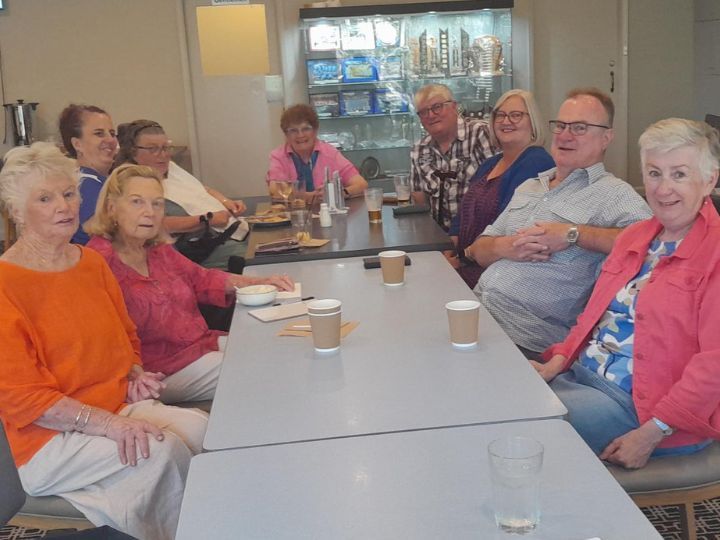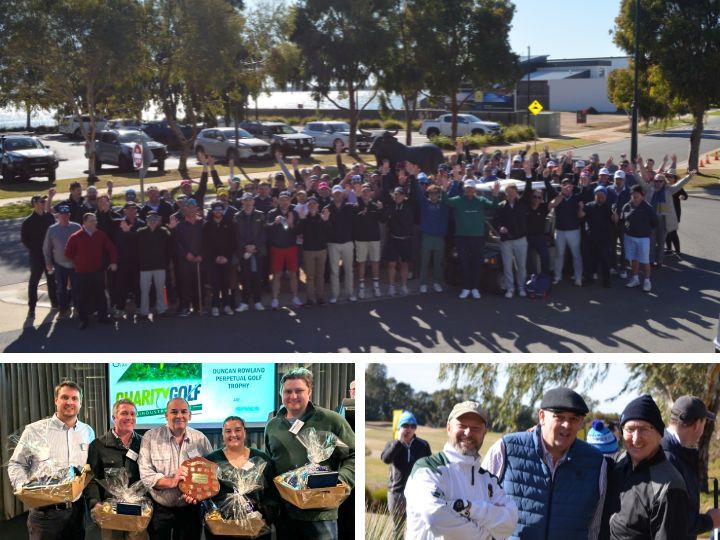Welcome back to the Top 5 from MND NSW! Over the last month, the MND NSW Info Line has answered hundreds of questions from people living with Motor Neurone Disease (MND), their families, carers, and health professionals. We have rounded up the five most popular questions we’ve been asked lately. From gastrostomy to sleep management, these are the answers you have been looking for.
Question 1: How do I decide if a gastrostomy is right for me?
As the muscles responsible for chewing and swallowing weaken it can lead to issues with nutrition and hydration. A gastrostomy is a medical procedure where a short tube is inserted into the stomach through the abdominal wall. This procedure allows a person living with MND to receive fluids, medications, and food through the tube and therefore bypassing the mouth and oesophagus.
People living with MND may choose gastrostomy to:
- Improve nutrition and hydration
- Maintain weight
- Improve quality of life
- Help to reduce tiredness and hunger.
Talking to your care team including your general practitioner (GP), dietician, speech pathologist early is important to decide whether this procedure is right for you. Your GP will need to provide a referral to a gastroenterologist.
Learn More:
Question 2: I am interested in a Robo Feeder, how does it work?
As muscles in the upper body weaken, people with MND report difficulty in eating unassisted. A Robo Feeder is a machine that can help you to eat by imitating the movement of an arm and can increase independence at mealtimes. A Robo Feeder includes different sized crockery and cutlery for different types of food.
Your occupational therapist or speech pathologist can advise whether a Robo Feeder is suitable for you. Your health professional can provide a referral for a Robo Feeder through MND NSW’s FlexEquip - Assistive Technology website.
Learn more:
- Eating Aids (Click on the item and find the demonstration videos in the ‘additional information’ tab)
Question 3: What is MiNDAUS?
The MiNDAus Registry is the name of the Australian Motor Neurone Disease Registry. It is a platform where people with a diagnosis of MND can share details about their condition and care.
The key objectives of the registry include:
- To support researchers in their understanding of MND by collecting demographic information from people living with the disease in Australia
- To create a place for medical information to be stored for easy access by person living with MND
- Improve research of treatment and care including linking people to clinical trials.
Learn more:
Question 4: I am struggling to sleep, what can I do to improve my sleep?
Many people with MND report mild difficulties sleeping while others report more severe insomnia symptoms. There are several reasons why a person living with MND may have trouble sleeping. Some common causes include pain, stress, anxiety, breathing difficulties, and saliva changes.
Top Tips
- Consider a respiratory assessment including the use of non-invasive ventilation
- Talk to your doctor about potential medications for pain or reducing anxiety
- Improve your positioning before sleeping including extra pillows or using a recliner chair.
Learn more:
Question 5: What is Progressive Muscular Atrophy (PMA)?
MND is umbrella term for a group of diseases that affect the motor neurones. Progressive Muscular Atrophy (PMA) is considered a rare type of Motor Neurone Disease as it only accounts for approximately 5% of MND diagnoses. PMA only affects the lower motor neurons.
Common features of PMA include:
- Muscle twitching
- Generalised muscle wasting and weakness
- Slow progression
- Longer survival as compared to Amyotrophic Lateral Sclerosis (ALS).
Learn more:
Do you have a question about MND?
Whether you’re newly diagnosed, caring for a loved one, or navigating the MND space as a health professional, we’re here to help.
Call us on 1800 777 175
Or submit and online inquiry at Contact MND NSW
“We can't do this alone. But together, we're unstoppable.”
MND Community Member



